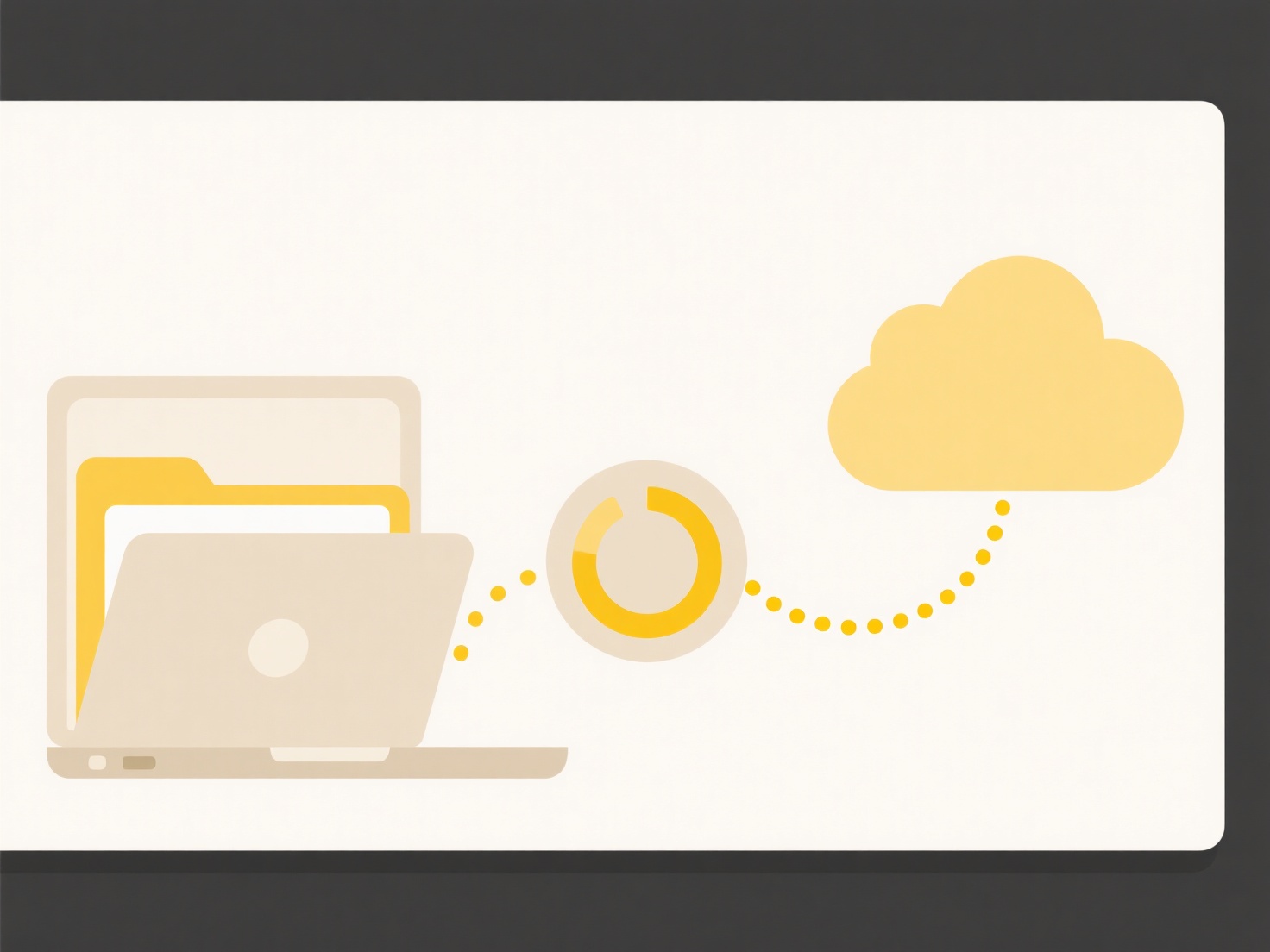
Enforcing company-wide file sharing encryption means mandating that all files transferred or stored within an organization are automatically encrypted using strong cryptographic methods, regardless of where users access them (like on company networks or personal devices). This differs from optional or situational encryption, as it centrally implements and controls the encryption process (both during file transfer and at rest), removing user choice and ensuring consistent, automatic protection for every shared file across all company communications and platforms.

Businesses implement this through centralized IT policies in enterprise cloud platforms like Microsoft OneDrive/SharePoint, Google Workspace, or Box. For example, an administrator can set global policies ensuring every file uploaded or shared via the corporate account is encrypted. Internal collaboration tools like secure intranets or enterprise file sync and share (EFSS) systems also commonly employ enforced encryption. Industries like healthcare (complying with HIPAA) and finance (meeting PCI DSS) rely heavily on such enforcement to protect sensitive data during sharing.
The primary advantage is significantly enhanced data security against breaches and unauthorized access, meeting regulatory requirements effectively. Limitations include potential user resistance to complex login processes and compatibility issues with external parties lacking compatible decryption methods. Ethically, it protects client and employee privacy rights. Ongoing management of encryption keys is crucial. Future developments focus on simplifying deployment and managing risks from advanced decryption techniques like quantum computing, requiring careful planning for long-term resilience.
Can I enforce file sharing encryption company-wide?
Enforcing company-wide file sharing encryption means mandating that all files transferred or stored within an organization are automatically encrypted using strong cryptographic methods, regardless of where users access them (like on company networks or personal devices). This differs from optional or situational encryption, as it centrally implements and controls the encryption process (both during file transfer and at rest), removing user choice and ensuring consistent, automatic protection for every shared file across all company communications and platforms.

Businesses implement this through centralized IT policies in enterprise cloud platforms like Microsoft OneDrive/SharePoint, Google Workspace, or Box. For example, an administrator can set global policies ensuring every file uploaded or shared via the corporate account is encrypted. Internal collaboration tools like secure intranets or enterprise file sync and share (EFSS) systems also commonly employ enforced encryption. Industries like healthcare (complying with HIPAA) and finance (meeting PCI DSS) rely heavily on such enforcement to protect sensitive data during sharing.
The primary advantage is significantly enhanced data security against breaches and unauthorized access, meeting regulatory requirements effectively. Limitations include potential user resistance to complex login processes and compatibility issues with external parties lacking compatible decryption methods. Ethically, it protects client and employee privacy rights. Ongoing management of encryption keys is crucial. Future developments focus on simplifying deployment and managing risks from advanced decryption techniques like quantum computing, requiring careful planning for long-term resilience.
Quick Article Links
Why can’t I find a file I know I saved?
Your saved file might be unlocatable due to common issues like search limitations, human error, or save location mistake...
How do I manage duplicates across multiple teams or departments?
Managing duplicates across multiple teams or departments refers to the process of identifying and resolving redundant or...
How can I open old file formats in modern apps?
Old file formats refer to digital files created with outdated software versions or applications no longer widely support...